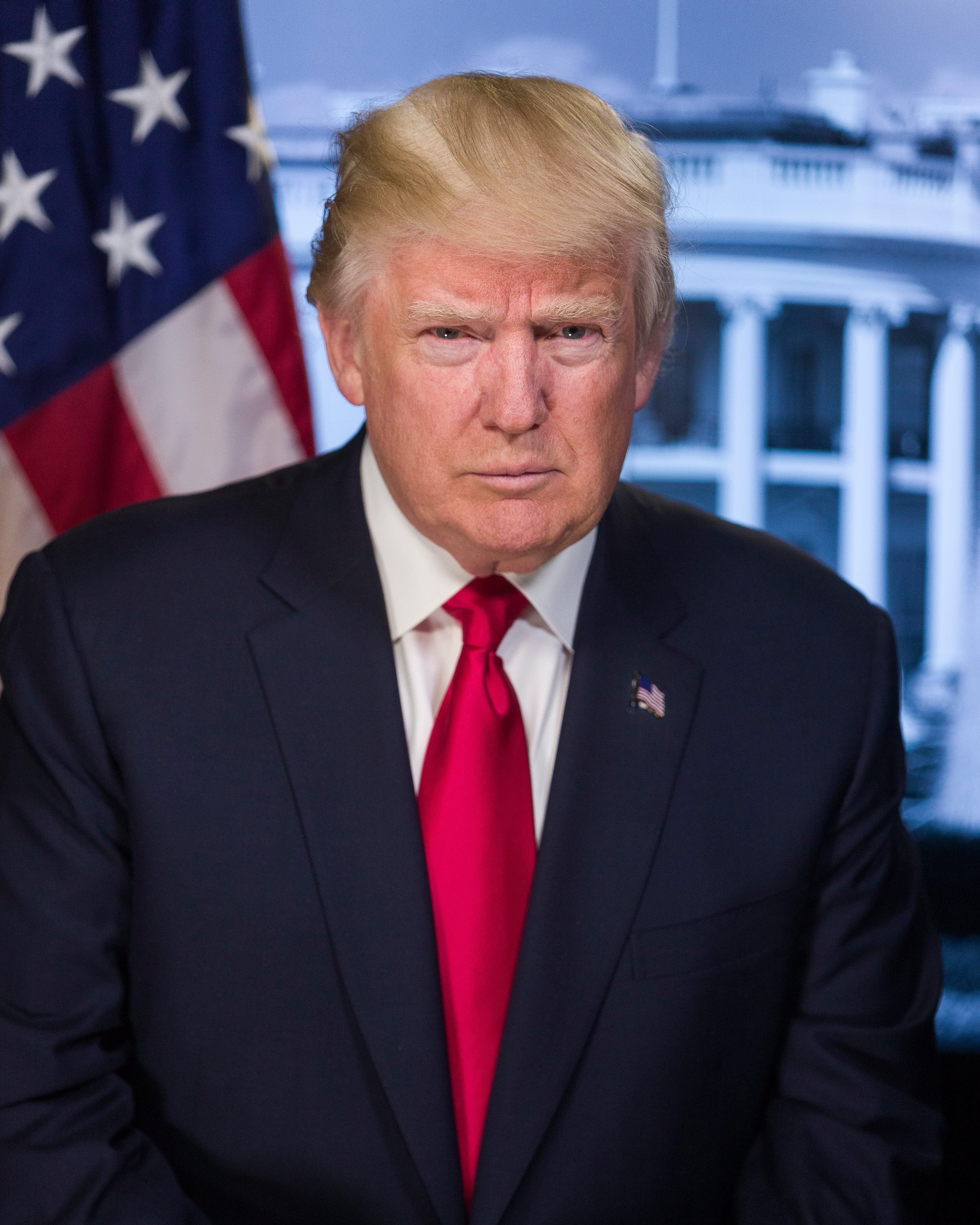
403
Sorry!!
Error! We're sorry, but the page you were looking for doesn't exist.
Fierce debate emerges within Donald Trump's incoming team
(MENAFN) A fierce debate has emerged within Donald Trump's incoming team regarding the value of the H-1B work visa program for foreign skilled workers. This debate has sparked controversy on Elon Musk's X platform. Although Trump has not yet taken a clear stance, his advisers and supporters hold differing views on whether the program aligns with the goal of "making America great again."
According to the U.S. Department of Labor, the H-1B program is designed for nonimmigrant workers in specialty occupations that require exceptional skills, typically necessitating a bachelor’s degree. The program aims to help employers fill skill gaps they cannot meet within the U.S. workforce. The debate was triggered after Sriram Krishnan, an Indian-American investor, was appointed as an AI policy advisor on Trump's new White House team. His appointment sparked racist reactions from some Trump supporters but received strong backing from figures like Elon Musk and Vivek Ramaswamy.
Musk defended Krishnan, stating that there are very few highly talented engineers in the U.S., and emphasized the need to bring in top global talent through legal immigration to maintain America's global leadership. Ramaswamy criticized American culture for "glorifying pettiness" over excellence and pointed to immigrant families' focus on academic achievement, which has led their children to succeed in science and technology. In response, some Trump supporters expressed anger, claiming Krishnan's appointment reflected a preference for foreigners over Americans. Others argued that tech companies favor foreign workers due to their lower wages.
Political analyst Ian Bremer remarked that convincing Americans of the importance of attracting global talent is challenging when many feel their leaders have not invested adequately in the local workforce. The H-1B visa program grants 65,000 visas annually, with an additional 20,000 for graduate degree holders from U.S. universities. The visa is initially granted for three years, with the possibility of extending it to six years. Currently, around 700,000 people in the U.S. work under the H-1B status, with the majority of them being of Indian and Chinese descent. Studies indicate that the program fills vital job gaps in key sectors. The first Trump administration had a higher rejection rate for H-1B applications compared to the Obama administration.
According to the U.S. Department of Labor, the H-1B program is designed for nonimmigrant workers in specialty occupations that require exceptional skills, typically necessitating a bachelor’s degree. The program aims to help employers fill skill gaps they cannot meet within the U.S. workforce. The debate was triggered after Sriram Krishnan, an Indian-American investor, was appointed as an AI policy advisor on Trump's new White House team. His appointment sparked racist reactions from some Trump supporters but received strong backing from figures like Elon Musk and Vivek Ramaswamy.
Musk defended Krishnan, stating that there are very few highly talented engineers in the U.S., and emphasized the need to bring in top global talent through legal immigration to maintain America's global leadership. Ramaswamy criticized American culture for "glorifying pettiness" over excellence and pointed to immigrant families' focus on academic achievement, which has led their children to succeed in science and technology. In response, some Trump supporters expressed anger, claiming Krishnan's appointment reflected a preference for foreigners over Americans. Others argued that tech companies favor foreign workers due to their lower wages.
Political analyst Ian Bremer remarked that convincing Americans of the importance of attracting global talent is challenging when many feel their leaders have not invested adequately in the local workforce. The H-1B visa program grants 65,000 visas annually, with an additional 20,000 for graduate degree holders from U.S. universities. The visa is initially granted for three years, with the possibility of extending it to six years. Currently, around 700,000 people in the U.S. work under the H-1B status, with the majority of them being of Indian and Chinese descent. Studies indicate that the program fills vital job gaps in key sectors. The first Trump administration had a higher rejection rate for H-1B applications compared to the Obama administration.

Legal Disclaimer:
MENAFN provides the
information “as is” without warranty of any kind. We do not accept
any responsibility or liability for the accuracy, content, images,
videos, licenses, completeness, legality, or reliability of the information
contained in this article. If you have any complaints or copyright
issues related to this article, kindly contact the provider above.






















Comments
No comment